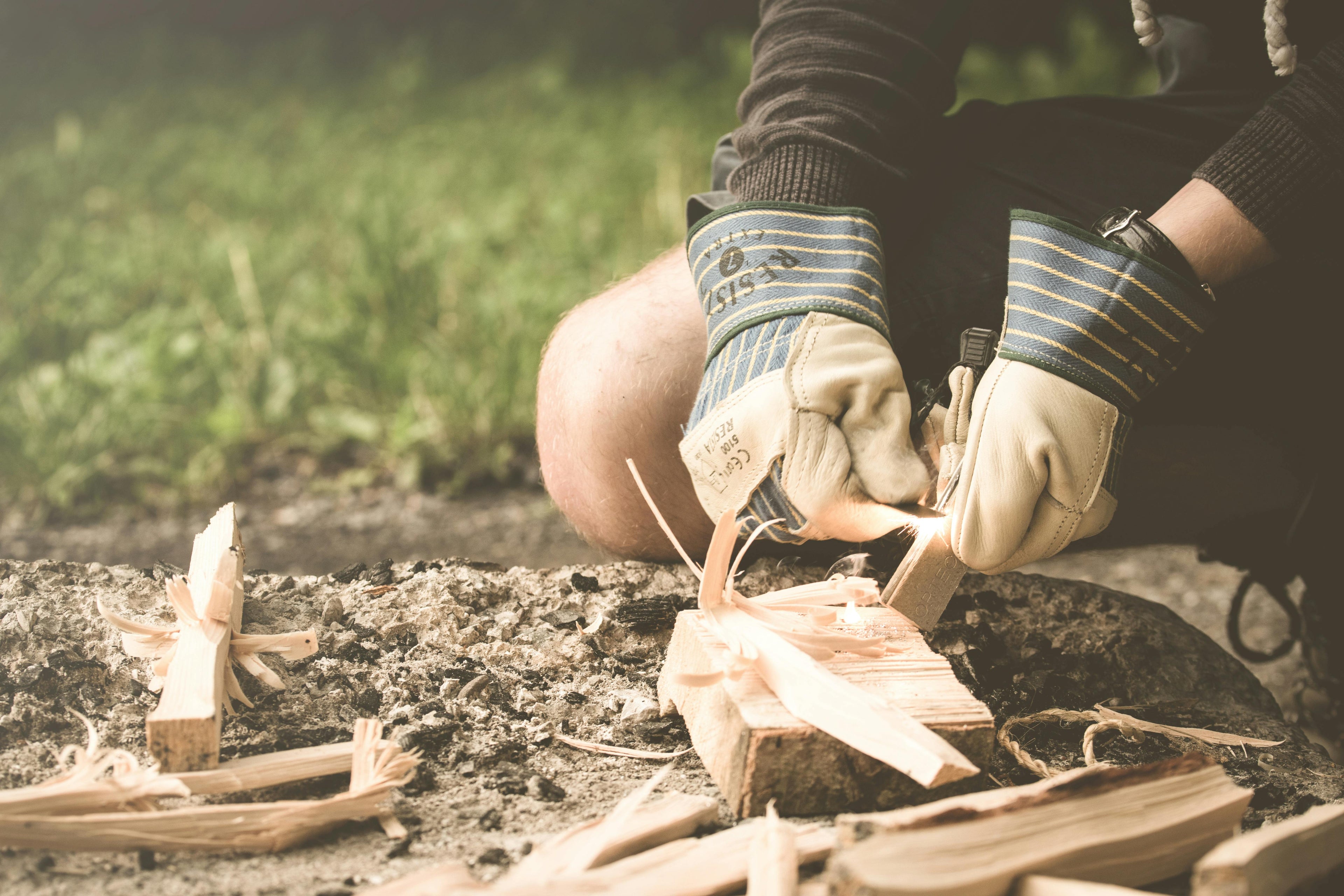
Delivering essential offline knowledge for emergencies, practical skills, and peace of mind.
Are you geared up for an internet disruption?
It's easy to take having access to the internet for granted. It's been the destination for most of our how-to questions for decades. However, if the electric in your neighborhood goes down, the cell towers and datacenters that power the internet won't be far behind. Where can you turn for information in an emergency like that?
My family preps. We have pantries for food, stored jugs of water and power generators on standby, but we never planned for what we'd do if we needed to learn something critical (such as how to treat a wound) in the case we couldn't get online or contact a doctor.
A few months ago, I thought it would be a good idea to start pantry-ing up on videos and articles that I might need to have handy in a crises and put them somewhere portable that I can always access, even without an internet connection. That's where the idea of the knowledge pantry came from.
This site is designed to share what I put together and hopefully provide some thoughts for those who are looking to do something similar. It's my own way of fighting back against our times of supply and utility disruptions that have continued to make me worry about my family's well-being. It's brought me some peace of mind to have this so I wanted to share with others feeling the same.
Crisis-proof your know-how with our Knowledge Pantry
-
The Knowledge Pantry Portable Hard Drive
Regular price $99.00 USDRegular priceUnit price / per -
The Knowledge Pantry Tablet
Regular price $399.00 USDRegular priceUnit price / per


